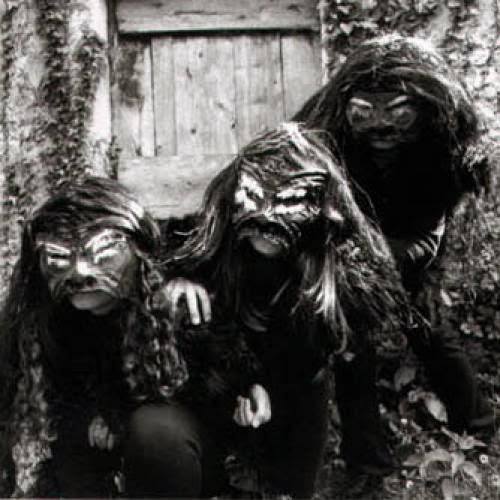One of the programs today really triggered something for me. The discussion was on the eastern esoteric elements (Yoga, Chakras, Prana, etc.) that were incorporated into western esoteric traditions (like Theosophy and Thelema). But the part that really intrigued me the most was when they were discussing the Hindu concept of "Moksha".Were all pretty familiar with "Samsara", which is the cycle of birth-death-rebirth and the countless lives we have lived before, and will probably lead after as well. Moksha is the end goal of religious practice in Hinduism, and there are two main attainments that can happen. One side is dissolution of the soul, Advaita. Like a drop of rain flowing to the ocean you merge with the oneness of "Brahman". The other side of this is Vishistadvaita, wherein you achieve something of an apotheosis of self becoming a unified spiritual body, retaining your individual personality and qualities but in a perfected form.These are two very radically different outcomes for the practitioner, and its not clear to me which of these is the ultimate goal of any particular practice. But as I was sitting there in that session I was reminded of Jill Bolte Taylors amazing TED talk on her experience with the two different halves of her brain. After her stroke she was able to physically experience two very different things because there was a separation between the two hemispheres of her brain. In left-brain mode she was her discrete self, interacting with objects, and writing papers. In right-brain mode she melted into the substance of all the things around her. There were no discrete differences, everything was one and the ego dissolved into unity. It feels to me that these two experiences of Moksha correspond very deeply to left-brain/right-brain experiences. Vishistadvaita is the left-brain solidifying the self and perfecting it as a discrete entity. Advaita is the right-brain dissolving the self into the oneness of the cosmos. But this carries over into a lot of other eschatologies beyond the Hindu one presented here. The Buddhist Nirvana is a dissolution of self.The Christian afterlife is the permanent retention of the self as it existed in this singular life.In Greek-Roman Paganism there were mutliple afterlife options depending upon the attainment in life. Some people went and just faded into the shadows, others went to live on an island of heroes, and some were deified. The perpetuation of the ancestor cult was to prevent the dissolution of the self in hopes that you too would be remembered.I dont really know what all this means exactly, but it was really striking to me and I felt I had to share it.
Reference: theartofastralprojection.blogspot.com

